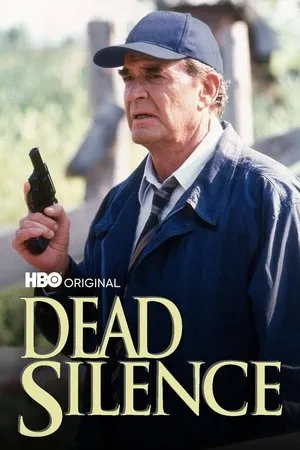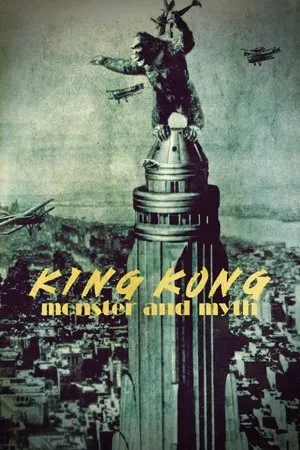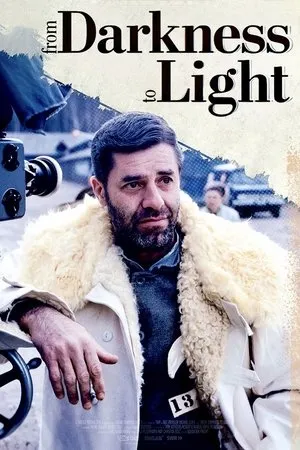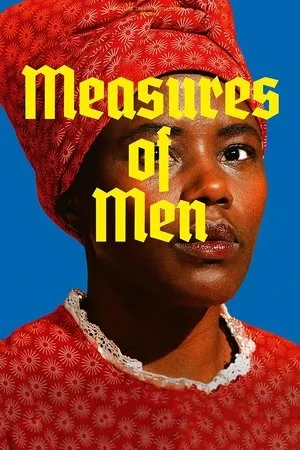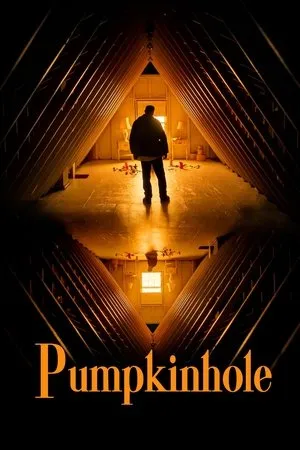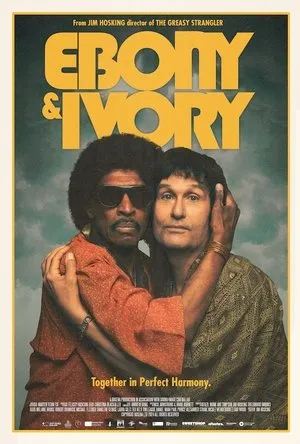The Stand, a compelling documentary directed by Christopher Auchter, revisits a significant moment in Canadian history when the Haida Nation took a resolute stand to protect their land and assert their rights. Set in the fall of 1985 on Lyell Island, the film meticulously recreates the events surrounding a blockade organized by a small group of Haida people, demanding that the government collaborate with Indigenous communities to safeguard the environment and ensure a sustainable future. Through the use of over a hundred hours of archival footage and audio, Auchter crafts a riveting narrative that underscores the profound impact of the Haida Nation’s actions. The documentary opens with a misty morning, setting a somber yet determined tone as the Haida people gather to block a muddy dirt road. This act of defiance was not spontaneous but rather the culmination of years of advocacy and growing concern over the exploitation of their ancestral lands. The Haida Nation, deeply connected to the natural world, recognized the urgent need to protect Lyell Island, a place of immense cultural and ecological significance. The film delves into the historical context, providing viewers with a comprehensive understanding of the Haida people’s relationship with their land. For centuries, the Haida have lived in harmony with the environment, relying on its resources while also respecting its delicate balance. However, with the encroachment of industrial logging and resource extraction, their way of life was threatened. The documentary highlights the Haida’s deep-seated belief in the interconnectedness of all living things and their responsibility to act as stewards of the land. Christopher Auchter masterfully weaves together archival footage, interviews, and historical accounts to create a vivid and immersive experience. The film captures the tension and uncertainty of the time, as the Haida people faced off against government officials and logging companies. Despite the challenges, their resolve remained unwavering, fueled by a shared vision of a future where Indigenous rights are respected and the environment is protected. The Stand is not just a historical account; it is also a powerful reminder of the importance of collective action and the enduring strength of Indigenous communities. The Haida Nation’s blockade on Lyell Island was a pivotal moment that sparked a national conversation about Indigenous rights and environmental stewardship. It led to significant changes in government policy and paved the way for greater collaboration between Indigenous communities and the Canadian government. The film also explores the personal stories of the individuals involved in the blockade, providing a human perspective on the events. Viewers are introduced to the leaders and activists who spearheaded the movement, learning about their motivations, challenges, and triumphs. These personal narratives add depth and emotional resonance to the documentary, making it all the more compelling. Auchter’s direction is sensitive and respectful, allowing the Haida people to tell their own story in their own words. The film avoids sensationalism and instead focuses on the facts, presenting a balanced and nuanced account of the events. The Stand is a testament to the power of documentary filmmaking to shed light on important social and environmental issues. The documentary also examines the broader implications of the Haida Nation’s actions, highlighting the global impact of their struggle. The blockade on Lyell Island inspired Indigenous communities around the world to stand up for their rights and protect their ancestral lands. It also raised awareness about the importance of environmental conservation and sustainable development. The film underscores the interconnectedness of local and global issues, demonstrating how the actions of a small group of people can have far-reaching consequences. In addition to its historical and social significance, The Stand is also a visually stunning film. The archival footage is beautifully restored, capturing the natural beauty of Lyell Island and the resilience of the Haida people. The film’s soundtrack is also noteworthy, featuring traditional Haida music that adds depth and cultural richness to the narrative. The Stand is a must-see for anyone interested in Indigenous rights, environmental issues, or Canadian history. It is a powerful and inspiring film that will leave viewers with a renewed sense of hope and a deeper understanding of the importance of standing up for what is right. The film serves as a reminder that even in the face of seemingly insurmountable challenges, collective action can bring about meaningful change. The legacy of the Haida Nation’s blockade on Lyell Island continues to inspire activists and communities around the world, demonstrating the enduring power of vision and conscience. The Stand is a testament to the strength and resilience of the Haida people and their unwavering commitment to protecting their land and culture. It is a film that will stay with you long after the credits roll, prompting reflection and inspiring action. Welovecinema.top highly recommends this documentary for its historical accuracy, compelling storytelling, and important message. It is a valuable contribution to the ongoing dialogue about Indigenous rights and environmental stewardship, and a powerful reminder of the importance of standing up for what you believe in.
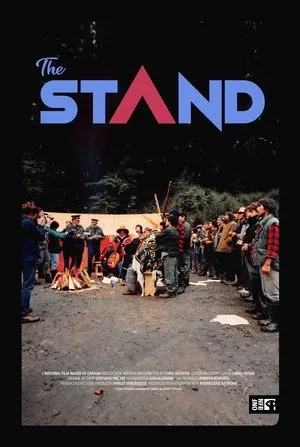
The Stand (2024)
In the fall of 1985, a determined group of Haida people blockaded a road on Lyell Island, advocating for Indigenous land rights and environmental protection. This documentary, directed by Christopher Auchter, uses extensive archival footage to recreate the pivotal moment when the Haida Nation's actions sparked global change. The film highlights the Haida's vision and conscience, showcasing their fight to protect their land and future.
